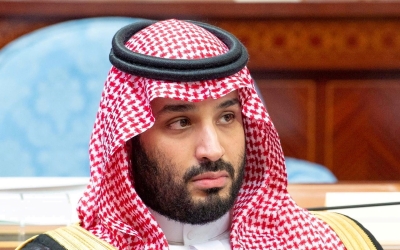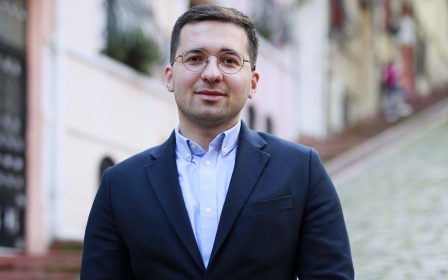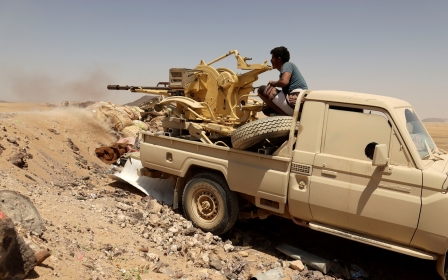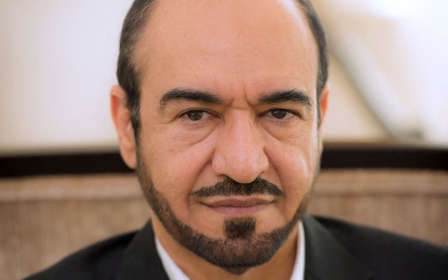Saudi Arabia launched 'relentless crackdown' after G20, Amnesty says
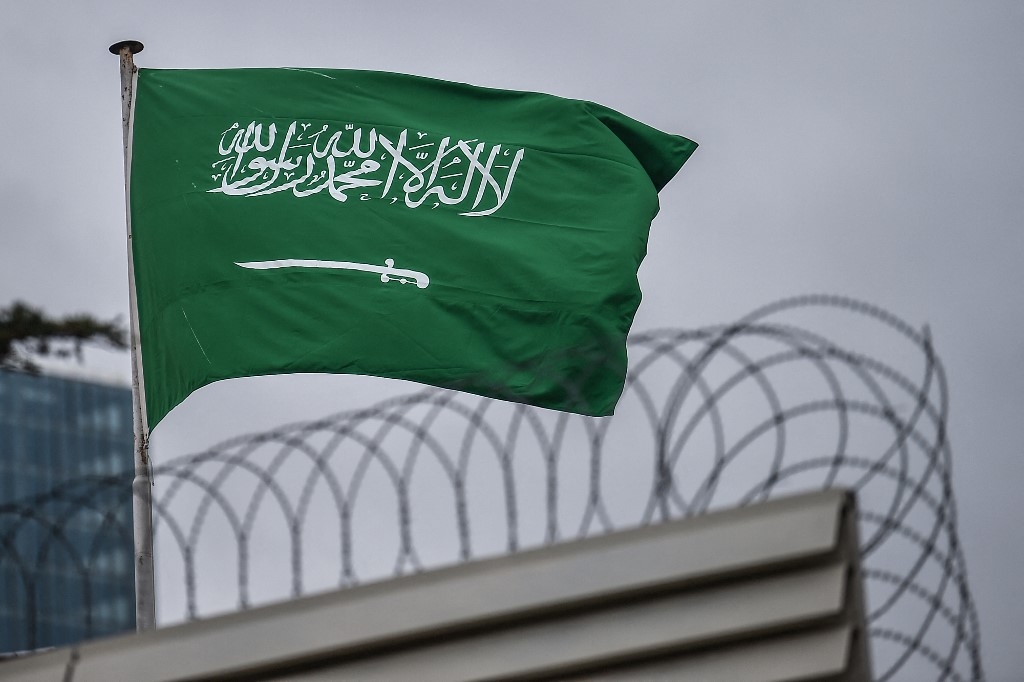
Amnesty International accused Saudi Arabia on Tuesday of launching a "relentless crackdown" on dissidents after the end of its G20 presidency.
Riyadh led the global forum last year and pushed through some changes, claiming to have scrapped the death sentence for minors and abolished floggings, but a new report by the rights group said authorities had "brazenly intensified the persecution of human rights defenders and dissidents and stepped up executions over the past six months."
The rights group said that since handing over the G20 presidency, the kingdom had executed at least 40 people between January and June 2021, more than the total number of executions for all of 2020.
It has also either prosecuted, sentenced, or ratified the sentences of at least 13 people following trials before the Specialised Criminal Court (SCC), the rights group said.
Amnesty also noted that the SCC trials are "intrinsically unfair", with defendants held incommunicado in some cases, while some convictions are reportedly based on "confessions" extracted through torture.
"As soon as the G20 spotlight on Saudi Arabia faded the authorities resumed their ruthless pursuit of people who dare to express their opinions freely or criticize the government," said Lynn Maalouf, Amnesty International's Middle East Deputy Director.
"The brief respite in repression coinciding with Saudi Arabia's hosting of the G20 summit last November indicates that any illusion of reform was simply a PR drive."
In one instance, a humanitarian worker was sentenced to 20 years in prison "for a simple tweet in which he expressed criticism of economic policies," she added.
According to Amnesty, at least 39 individuals are currently behind bars for their activism, human rights work, or expression of dissent.
'Release all human rights defenders'
Saudi Arabia led the Group of 20 summit (G20), the gathering of the world's 20 largest economies, last year but faced backlash from human rights defenders and rights groups.
Pointing to issues from a lack of accountability for the 2018 murder and dismemberment of journalist Jamal Khashoggi to the country's continued imprisonment of activists, rights groups launched powerful campaigns calling on the international community to hold the kingdom accountable.
While Saudi Arabia continued to host the event, they faced some prominent protests, including during a session when Nobel Laureate Joseph Stiglitz criticised Saudi Crown Prince Mohammed bin Salman (MBS) for the murder of journalist Jamal Khashoggi and the imprisonment of women's rights activists. His speech was censored by Saudi Arabia.
When first coming to power, the crown prince had been praised as a reformer by countries in the West, including the US.
Since then, he has drawn the ire of rights advocates and has also been heavily criticised by US lawmakers following the brutal killing of Khashoggi.
In July, MBS was listed among the new entrants to Reporters Without Borders (RSF)'s "Press freedom predators" gallery.
Maalouf further called on the UN Human Rights Council to "establish a monitoring and reporting mechanism on the human rights situation in Saudi Arabia".
"If the Saudi authorities want to show they are serious about respecting human rights, a first step would be to immediately and unconditionally release all human rights defenders detained solely for peacefully exercising their human rights, and ensure their convictions are quashed and all remaining penalties lifted."
Middle East Eye delivers independent and unrivalled coverage and analysis of the Middle East, North Africa and beyond. To learn more about republishing this content and the associated fees, please fill out this form. More about MEE can be found here.


